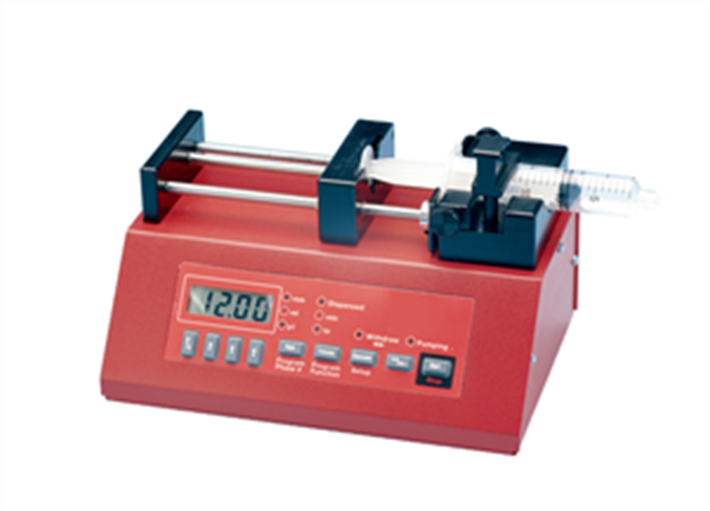
Physical Properties of WPI Glass Capillaries
The physical properties of glass depend upon the chemical composition of the glass, as well as how the glass was manufactured. Glass has no set melting point, but four temperatures are of primary importance when discussing glass production.
-
Working Point - This is temperature that the glass is soft enough to work. At this temperature, the glass viscosity is 104 poises.
-
Softening Point - At this temperature, glass deforms easily, even by forces of gravity. The glass viscosity is 107.6 poises.
-
Annealing Point - When glass reaches the annealing point and remains for a few minutes, many of the internal stresses of the glass formation are obviated. During the annealing process, the glass is heated to the annealing temperature and then allowed to cool at a controlled rate. Glass that is not annealed is prone to crack or shatter with minor temperature fluctuations or mechanical shocks.
-
Strain Point - When glass temperature remains at the strain point for several hours, the internal stresses are relieved. Stresses that remain in the glass after maintaining the strain point for a few hours are permanent.
WPI sells glass from multiple suppliers. In the tables below, we will detail some of the common glass specifications.
| Duran® Schott 8250 | Duran® Schott 8330 | Corning 7800 | Kimble N51A | |
| WPI Usage | Pulled Glass PG-52151, PG-52165 | WPI thin wall glass capillaries pre-pulled micropettes with TW in the part number |
multi-barrel glass capillaries septum theta piggyback capillaries glass rods |
single barrel glass tubing (p/n 1Bxxxx) |
| Density ρ | 2.28g/cm3 | 2.23 ± 0.02g/cm3 | 2.33g/cm3 | 2.33g/cm3 |
| Working Point - 104 dPa·s | 1055°C | 1260 ± 20°C | 1140°C | |
| Softening Point - 107.6 dPa·s | 720°C | 820 ± 10°C | 789°C | 785°C |
| Annealing Point - 1013 dPa·s | 500°C | 560 ± 10°C | 565°C | 570°C |
| Strain Point | 490°C | 510°C | 517°C | 530°C |
| Relative dielectric constant tan δ at 1 MHz and 25 °C |
4.6 10-4 37 10-4 |
|||
| Thermal expansion - 0-300°C | 5.0x10-6/K | 33x10-7 cm/cm/°C | 55x10-7 cm/cm/°C | 55x10-7 cm/cm/°C |
| Young's Modulus | 64x103N/mm2 | 6.4x103Kg/mm2 | 7.2x103Kg/mm2 | 10.4x106PSI |
| Poisson's Ratio | 0.21 | 0.20 | ||
| Dielectric Constant | 4.9 | 4.6 | 5.8 | |
| Loss Factor 1MHz 25°C | 22x10-4 | 2.6% | 4.9% | |
| Refractive Index | 1.487 | 1.473mm²/N | 1.490mm²/N | 1.490mm²/N |
| Temperature Limits | 460°C (extreme service) 200°C (normal service) |
|||
| Max. Thermal Shock | 115°C | |||
| Visible Light Transmission 2mm thickness | 91% | |||
| Specific Heat 25-175°C | 0.204 g. cals per g. deg. | |||
| Thermal Conductivity | 1.2W/m/K (at 90°C) | 0.0026 cals/cm/cm2/sec/°C |
Corning 7800 glass is a type I, class B borosilicate glass that conforms to federal specification DD-G54lb and ASTM E-438. This glass has the following composition:
| Corning 7800 | Duran® Schott 8330 | |
| SiO2 | 73% | 81.0% |
| B2O3 | 10% | 13% |
| Na2O | 2% | ~2.0% |
| Al2O3 | 7% | 2.0% |
| K2O | 2% | ~2.0% |
| BaO | <0.1% | |
| CaO | 0.7% |




Request
Catalogue
Chat
Print